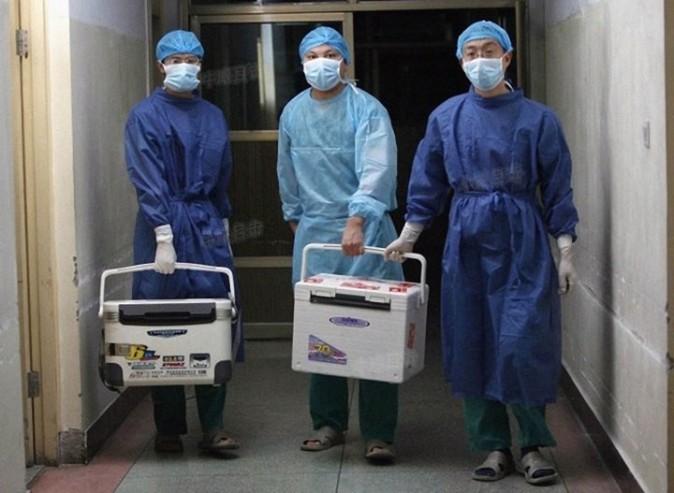Quoting the DAFOH submission, the senate inquiry said in their report that it would be remiss to not include the medical facilities under the new legislation given the exemption of hospitals could impact on Australia’s ethical medical standards.
“The most serious concern, in this case, is that there have not been due diligence checks regarding the vast number of unethical transplantation practices,” the report quoted. “This compromises Australia’s notable medical and ethical standards, thus directly undermining the very nature of Australia’s sovereignty.”
DAFOH noted that China is the only country in the world where the ruling communist regime sanctions the medical genocide of prisoners of conscience; including Falun Gong practitioners and Uyghur Muslims.
Media spokesperson for DAFOH in Australia, Caroline Dobson, told The Epoch Times that the advocacy group was grateful the Committee had accepted the recommendation to include hospitals in the findings given the proposed legislation is about protecting our country and its sovereignty.
“Hospitals more than ever are important for the sustainability and welfare of our citizens,” said Dobson.
Australian Hospital’s Accidental Ties to Chinese Organ Harvesting
DAFOH’s mission is to ensure medical ethics are consistent and adhered to, particularly in relation to addressing and preventing forced organ harvesting, which Dobson noted was possibly the most abhorrent systematic crime against humanity in the 21st century.It is also one that has links to Australia with medical researchers from Australian hospitals forging medical research ties with Chinese transplant hospitals.
Dobson noted that the DAFOH submission highlighted the case of Sydney’s Westmead Hospital, which became engaged in research exchanges over transplant medicine with the Third Xiangya Hospital of Central South University.
This point is supported by a 2013 article from Chinese state-owned media company Phoenix Weekly who spoke about the growth of organ tourism to China, and how organs are supplied on-demand and matched quickly with no waiting time.
DAFOH advocate Sophia Briskine also welcomed the recommendation.
Briskine said that she was heavily concerned about the sale of health facilities in Australia to Chinese owned companies due to the differences in ethical standards between countries and because sensitive personal data is involved.
Currently, in Australia, the Chinese Luye Medical Group are the owners of the third largest private health care providers, Healthe Care, with 34 private hospitals across Australia and New Zealand.




